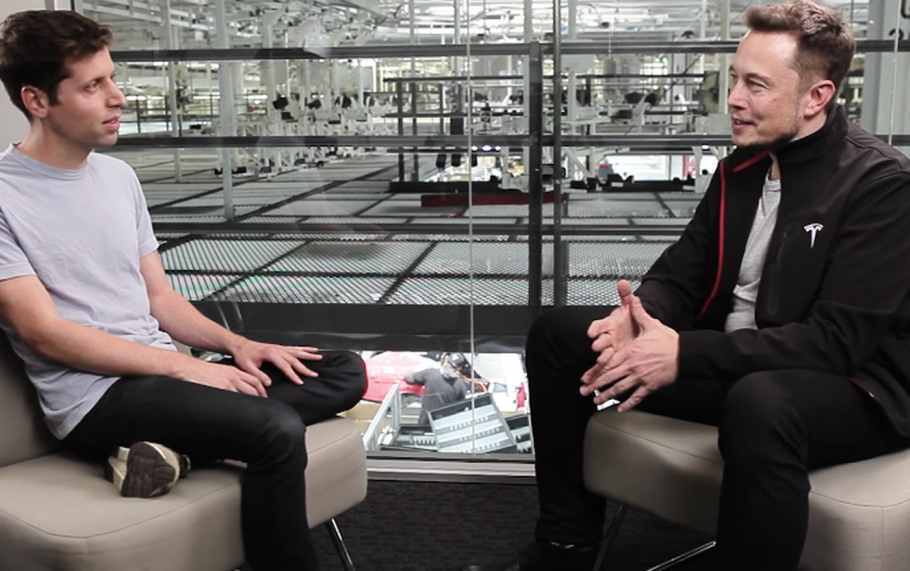OpenAI in talks to back Neuralink competitor Merge Labs at $850M valuation

The rivalry between Sam Altman and Elon Musk may soon move from AI labs to the human brain. OpenAI is in talks to lead a $250 million funding round for Merge Labs, a brain-computer interface startup valued at roughly $850 million — and one built to take on Musk’s Neuralink.
Altman, who heads OpenAI, is a co-founder of Merge Labs but won’t be involved in its day-to-day operations, the Financial Times reported. That job will go to Alex Blania, the CEO of Worldcoin, Altman’s iris-scanning cryptocurrency project. For OpenAI, it’s a first real push into brain-machine hardware, branching beyond AI software into tech that connects human thought directly to digital systems.
The name “Merge Labs” comes from a 2017 blog post Altman wrote called “The Merge.” In it, he described humans and AI blending over time — starting with familiar tech like smartphones and algorithm-driven feeds that shape behavior — and imagined a future of brain electrodes and deep chatbot integrations that allow the two to grow together. He warned about the risks of superhuman AI and genetic upgrades, but argued that merging could help avoid conflict by creating a unified, empathetic human-AI “team.”
“A popular topic in Silicon Valley is talking about what year humans and machines will merge (or, if not, what year humans will get surpassed by rapidly improving AI or a genetically enhanced species). Most guesses seem to be between 2025 and 2075,” Altman wrote.
Altman continued:
“I believe the merge has already started, and we are a few years in. Our phones control us and tell us what to do when; social media feeds determine how we feel; search engines decide what we think.”
That vision puts Merge Labs in direct competition with Neuralink, which Musk launched in 2016. Neuralink has raised more than $650 million at a $9 billion valuation, recently began human trials, and has set its sights on 20,000 annual implants by 2031 — a plan Musk claims could bring in at least $1 billion a year. The company’s public pitch focuses on restoring movement to paralyzed patients, though it eventually aims to boost cognitive abilities. It has also drawn criticism over animal testing and regulatory delays.
The timing of OpenAI’s potential investment is hard to ignore. Musk and Altman co-founded OpenAI in 2015 as a nonprofit, but Musk walked away in 2018 after clashing over the group’s direction. Since then, they’ve traded public jabs — Musk sued OpenAI last year before dropping the case, and Altman has made big bets in other industries, from nuclear fusion to hardware. Backing Merge Labs could be read as a direct shot at Musk’s hold over the BCI spotlight.
Why Merge Matters
Industry watchers see the deal as part of a bigger push by AI leaders to fuse human minds with machines. Neuralink currently has the lead in surgical implants, but Merge Labs could carve its own space by leaning on OpenAI’s AI know-how and focusing on less invasive tech or faster integration with large language models.
Still, the field is young and fraught with questions over privacy, health risks, and who gets access. As Altman himself wrote, the merge “will get a lot weirder.” If OpenAI closes the deal, the battle over who shapes that weird future won’t just be about AI — it will be about the human brain itself.



